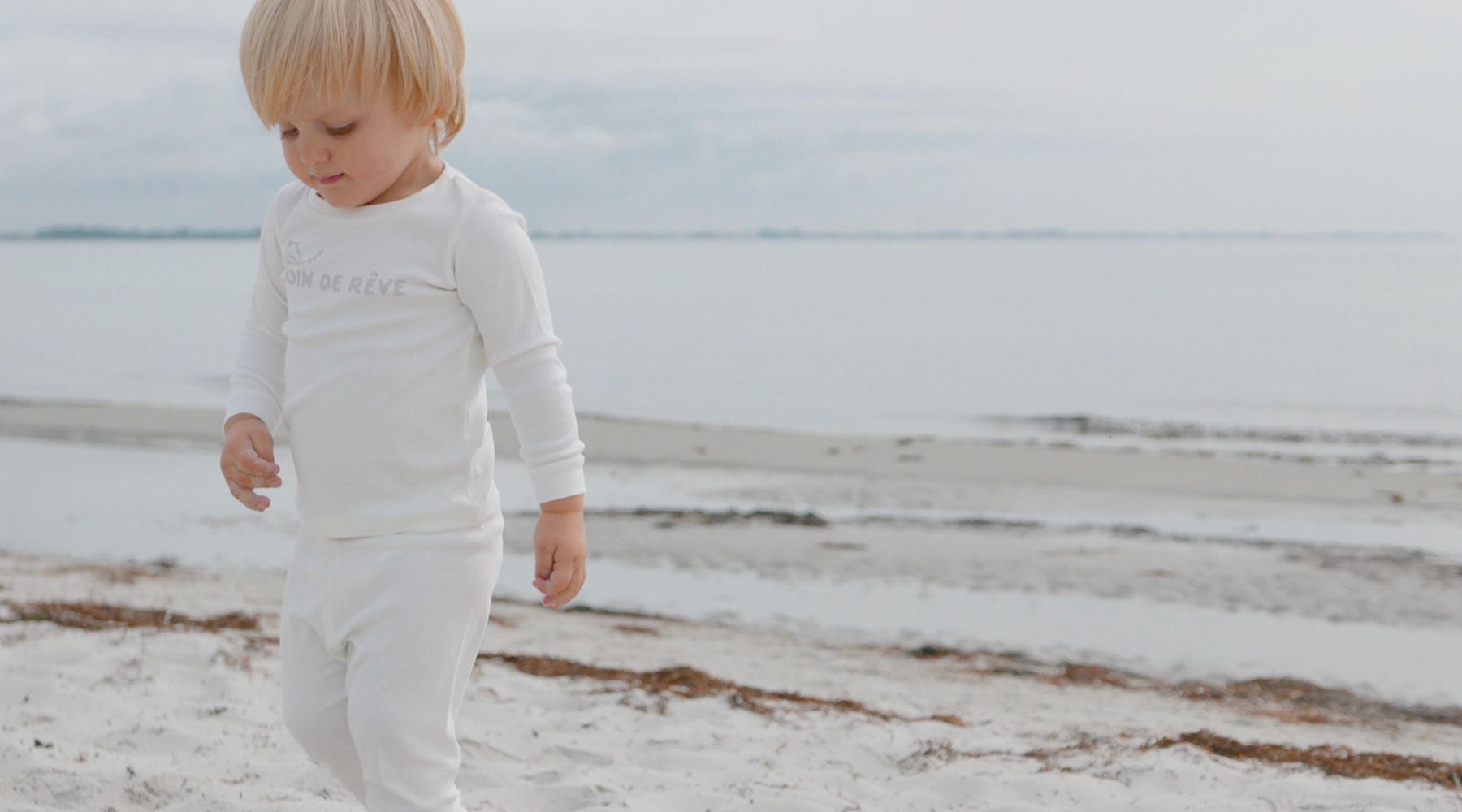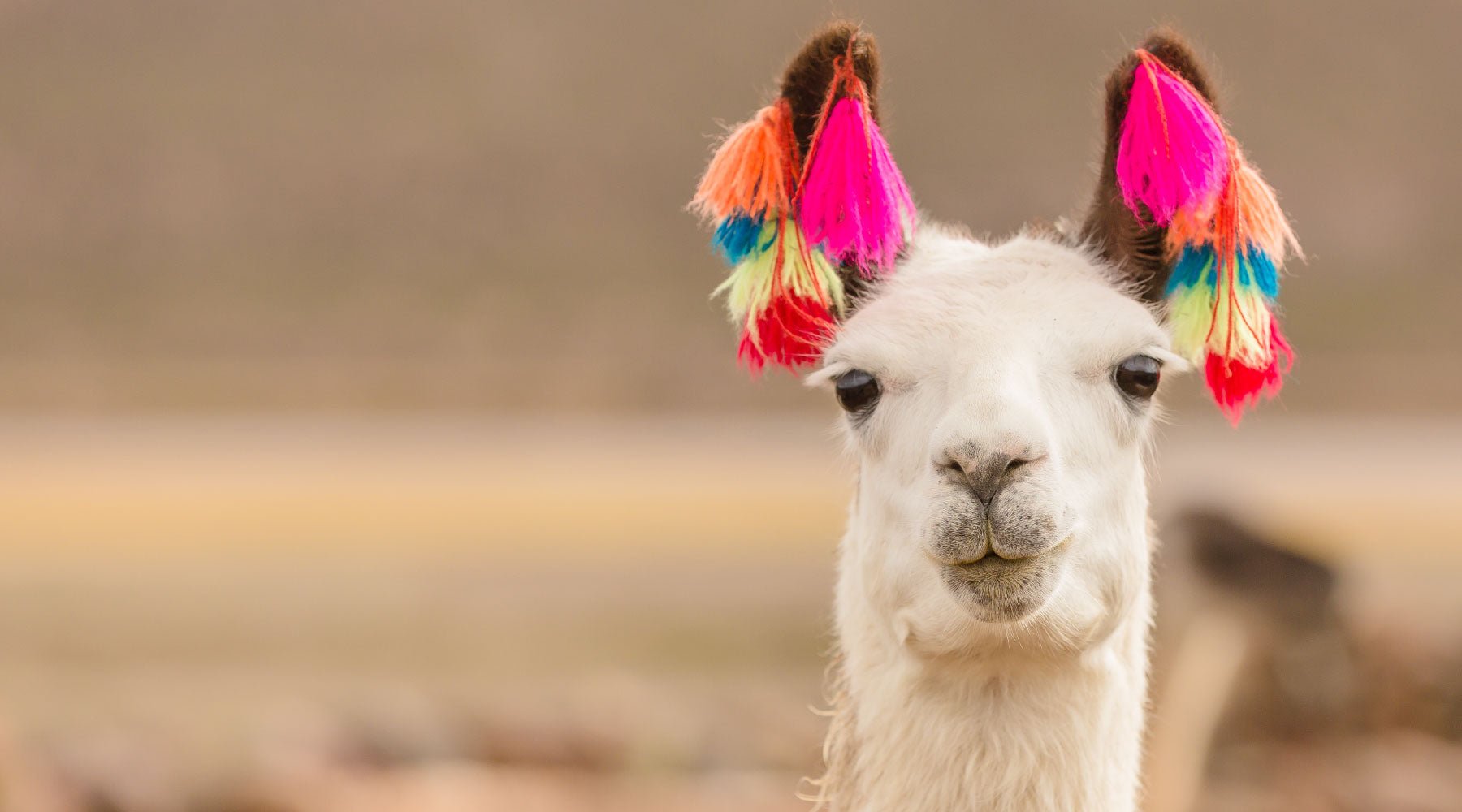Article: Unmasking Myths: The Ultimate Guide to Washing Baby Clothing

Unmasking Myths: The Ultimate Guide to Washing Baby Clothing
Having little ones at home translates into an unending cycle of laundry – a truth universally acknowledged. At times, it might seem like your life revolves around a constant routine of washing, sorting, and folding clothes. But how do you wash baby clothes to ensure their longevity, cleanliness, and ecological friendliness? Fear not, we're here to demystify this process, and debunk some prevalent myths while we're at it.
Myth #1: You have to wash at 60 degrees Celsius to eliminate bacteria
The Truth: This is simply not true. Bacteria do not meet their demise at 60 degrees. The cleanliness difference between a wash at 30 and 60 degrees Celsius is negligible. Moreover, washing at high temperatures can lead to fabric damage and shrinkage, rendering your baby's garments rigid and uncomfortable. For optimal results, use quality detergents at lower temperatures. This will safeguard both your baby's clothes and the environment. As for stubborn stains, try rubbing them with a handwashing detergent and let it sit in a plastic bag for a bit before washing.
Myth #2: Fabric softener benefits clothes
The Truth: Fabric softeners might give you the illusion of softness, but in reality, they deposit a waxy chemical called 'quat' onto the fabric. Over time, this layer builds up, making the clothes harder to clean and harming the environment in the process. These softeners contain an array of chemicals that can be harmful to both your health and the environment, and pollute the air inside and outside your home. So, think twice before using fabric softeners.
Myth #3: A little tumble drying won't hurt, right?
The Truth: Tumble drying can be detrimental to your clothes. The combined effects of heat and friction can damage the fabric – just check out the filter filled with torn fibers after each cycle. Instead, consider using a drying cabinet if available. If tumble drying is a must, opt for a brief, gentle cycle with minimal heat.
Myth #4: More detergent ensures cleaner clothes
The Truth: In reality, excessive detergent usage leads to residues lingering on the clothes, potentially causing discoloration and allergic reactions, especially on your baby's sensitive skin. Moreover, the surplus detergent gets washed into water bodies, posing an environmental threat. Adjust your detergent usage based on your municipality's water hardness, which you can find by a simple search like "water hardness in [your municipality]".
Myth #5: Coin de Rêves garments for newborns require pre-use washing
The Truth: Our production of cotton garments is devoid of any harmful chemicals or substances that might irritate your baby's delicate skin. Every piece of clothing can be traced back to the cotton seed, and our factory, Bergman Rivera, champions organic and fair-trade practices. Rest assured, you can use our clothes right out of the box.
Ready to conquer your laundry mountain with renewed zeal?
Our collection of premium quality organic cotton clothing just gets softer with wash and wear. An ideal addition to your baby's wardrobe or a thoughtful gift for new parents.



Leave a comment
This site is protected by hCaptcha and the hCaptcha Privacy Policy and Terms of Service apply.